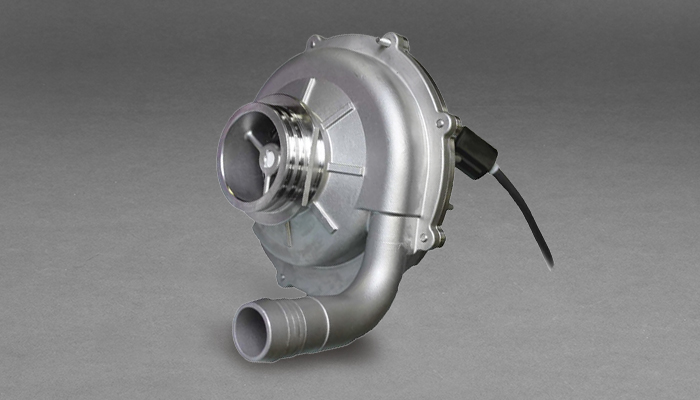Data Center Cooling Pumps
Advantages
- Higher flow in a smaller package
- Customizable solution
- Reduced power consumption
- Hot-swap capability
- Multiple communications options
- Integrated motor and pump eliminate seals
Features
- Robust, compact construction
- Every pump is performance tested under pressure for leak detection
- Low maintenance, increasing longevity
- Stainless steel protects against high pressure
- Compatible with de-ionized water
- Sealless
- Adjustable speed



